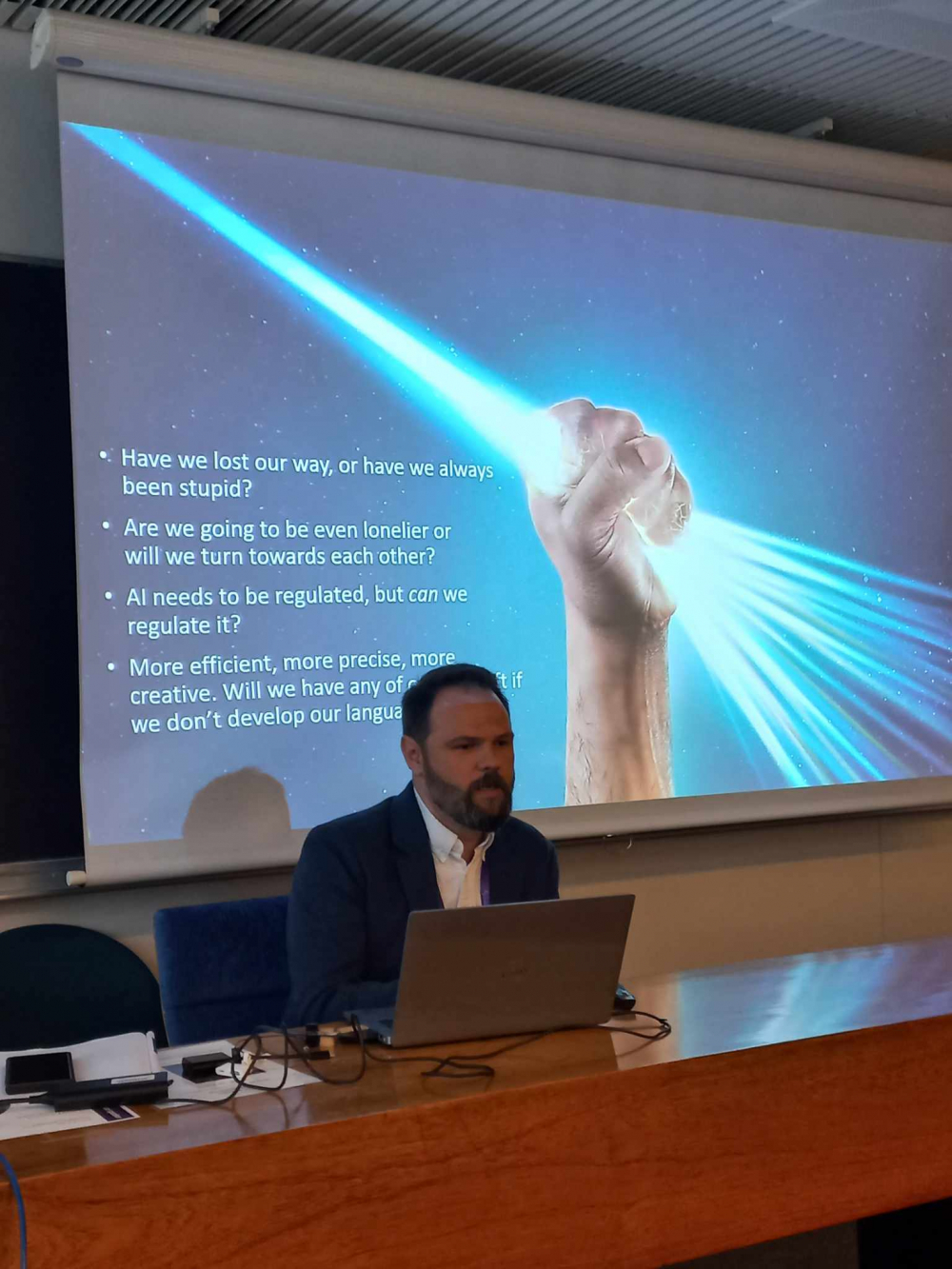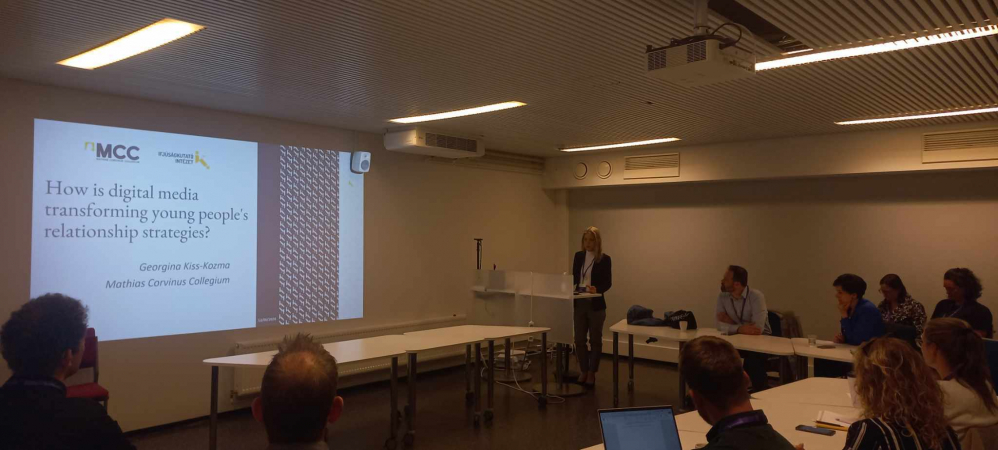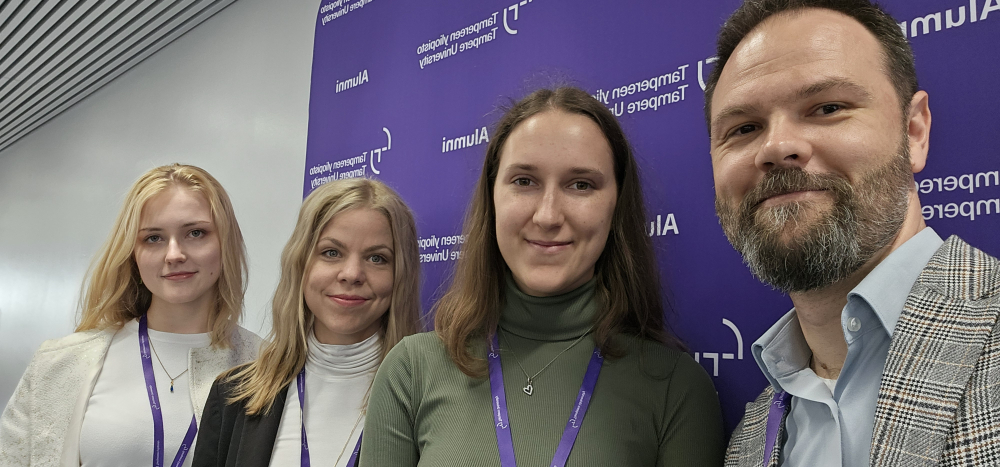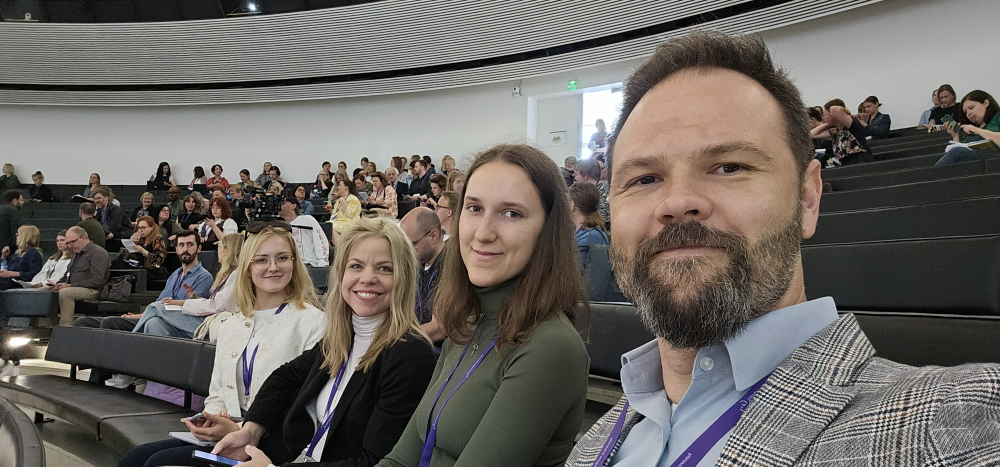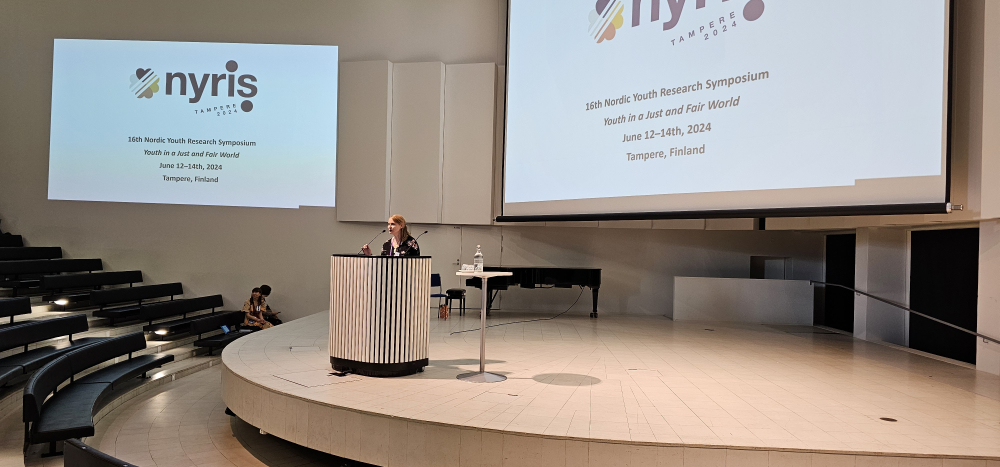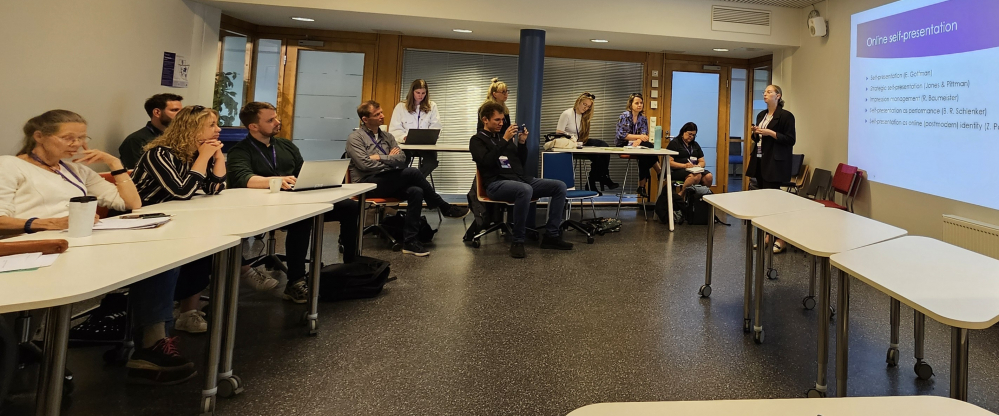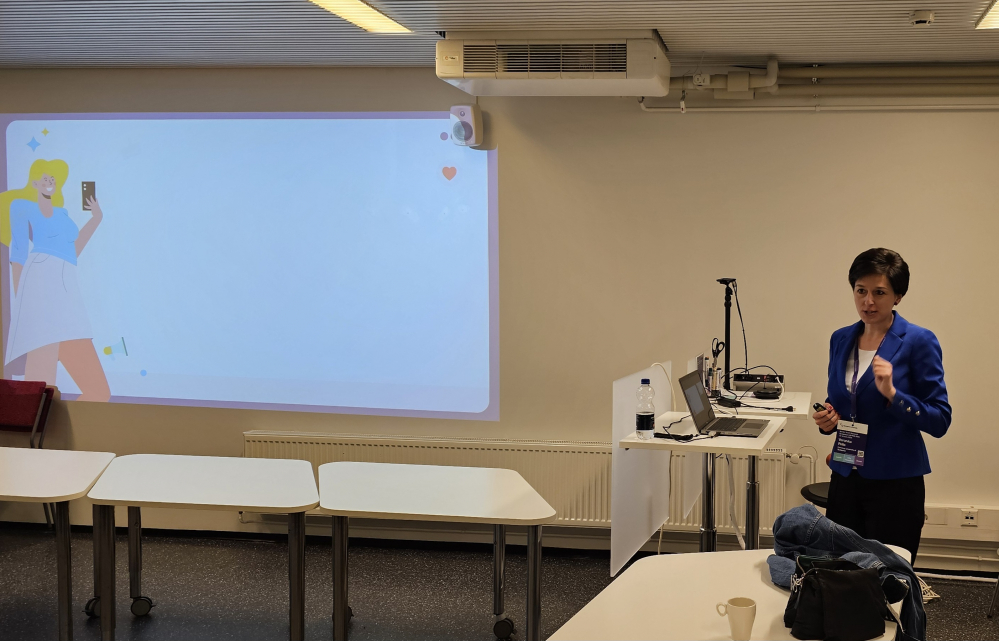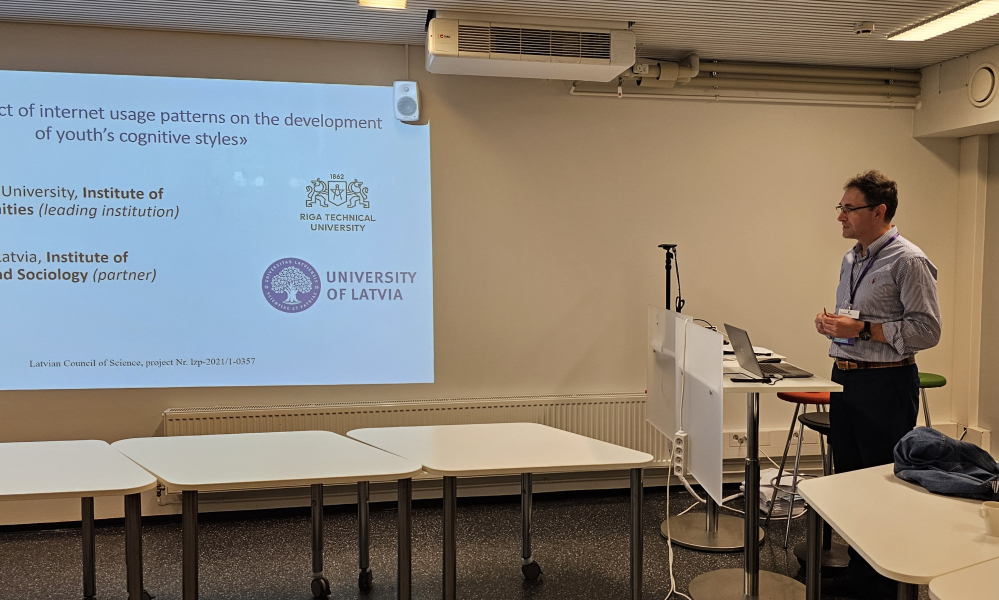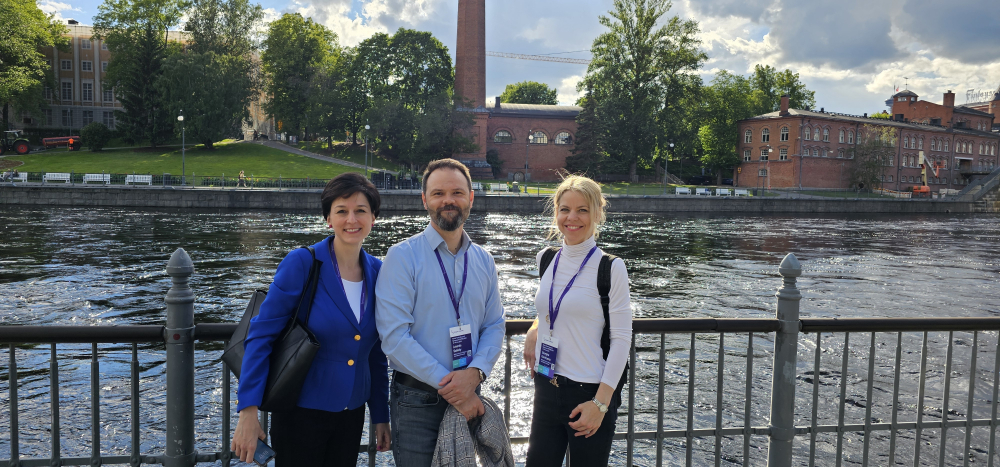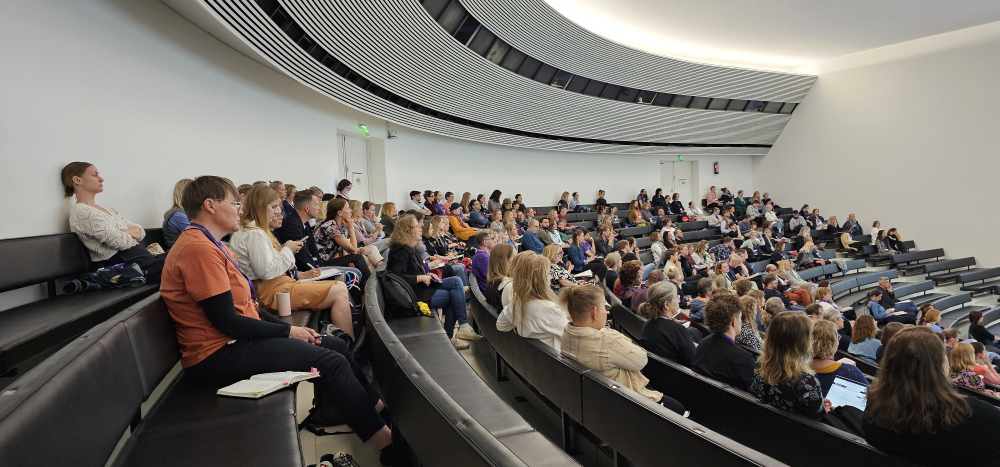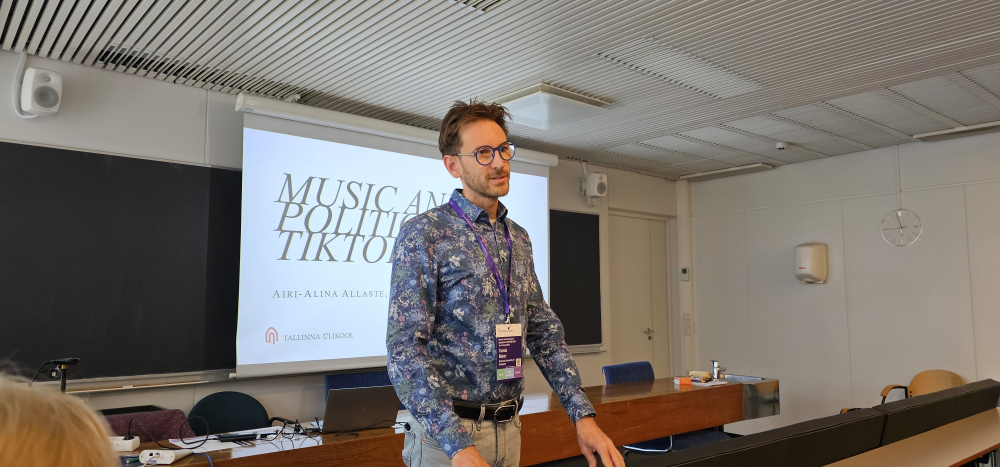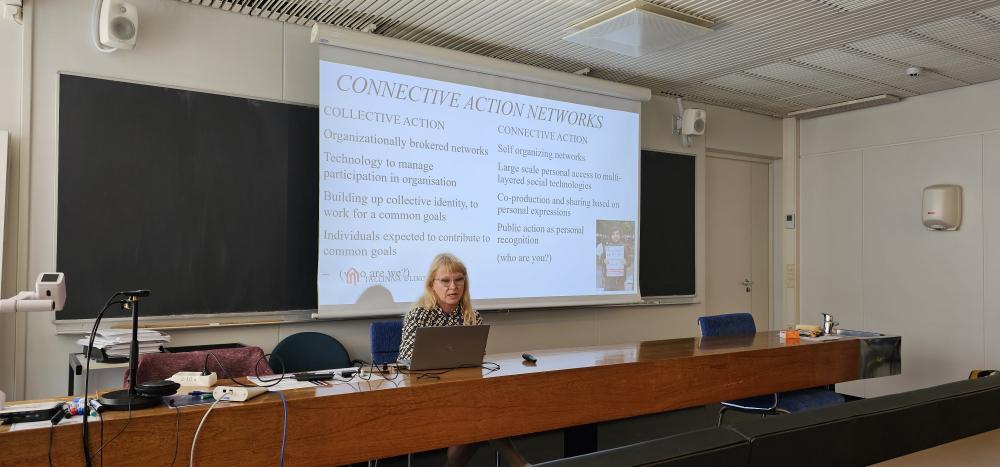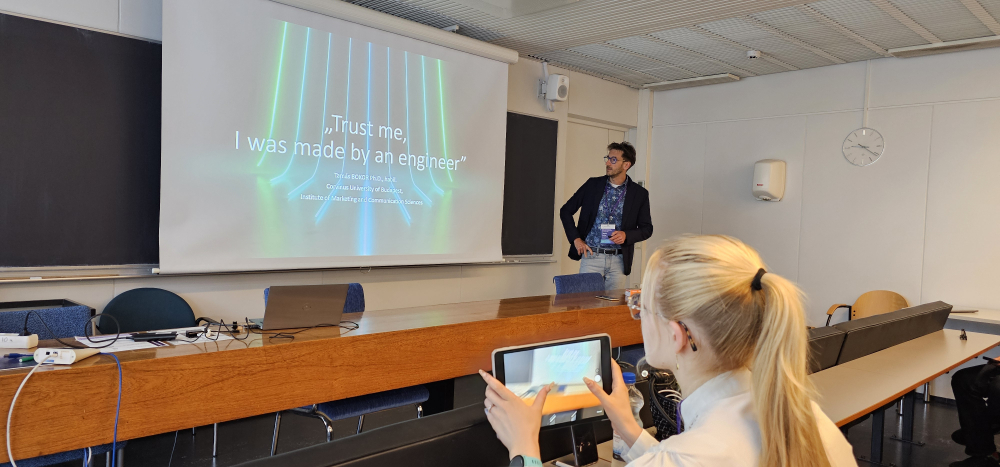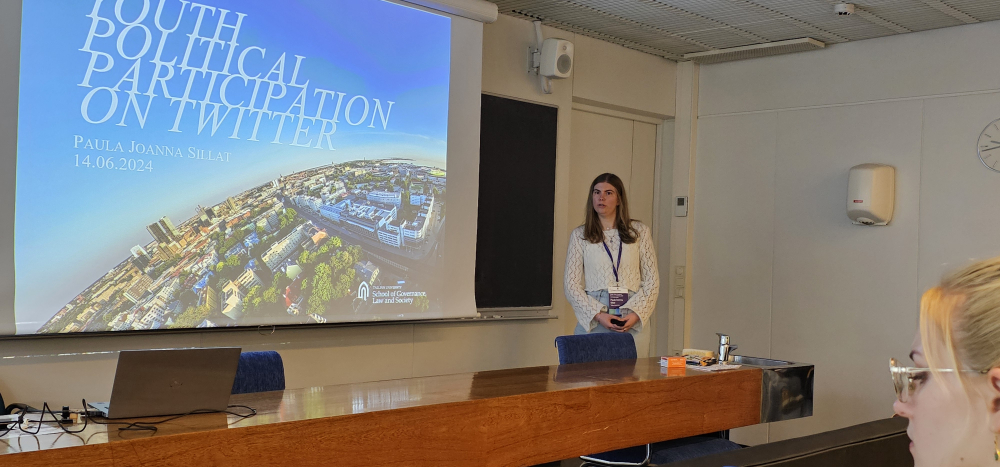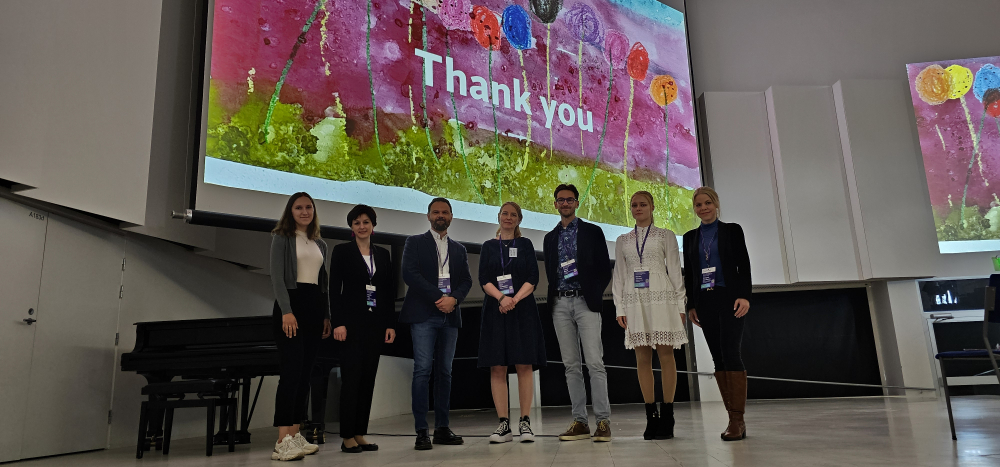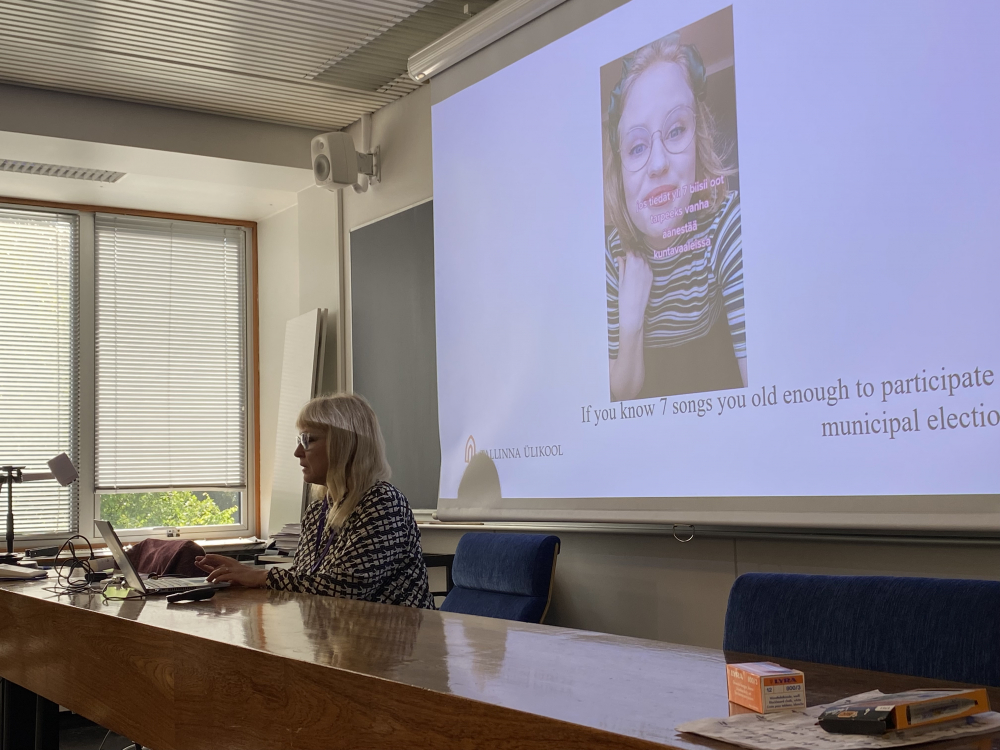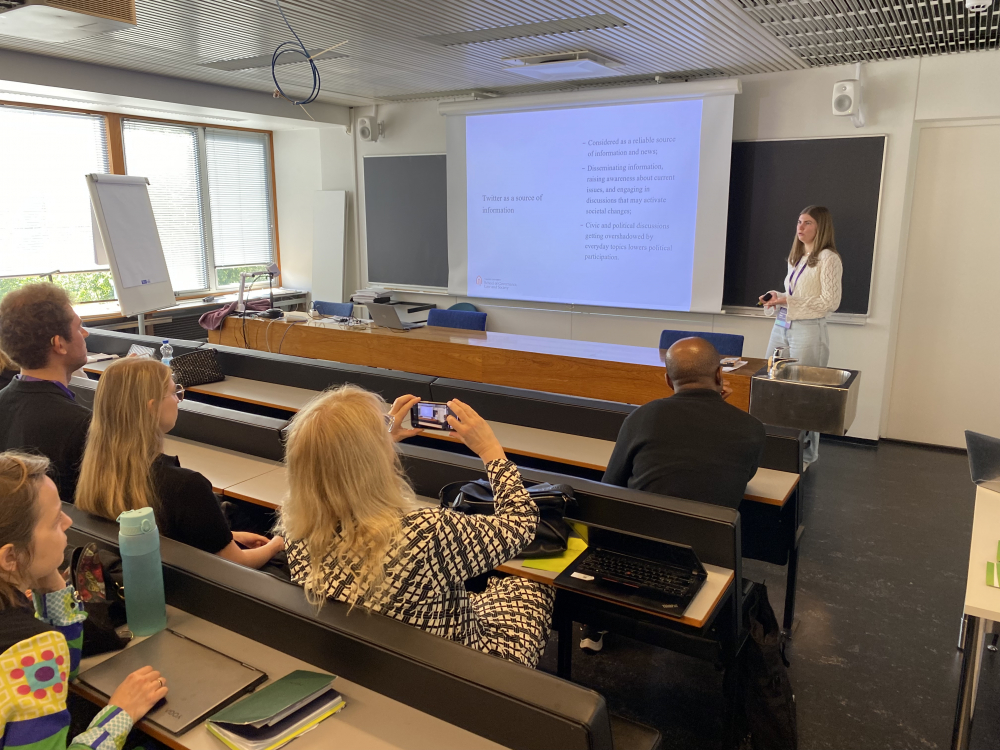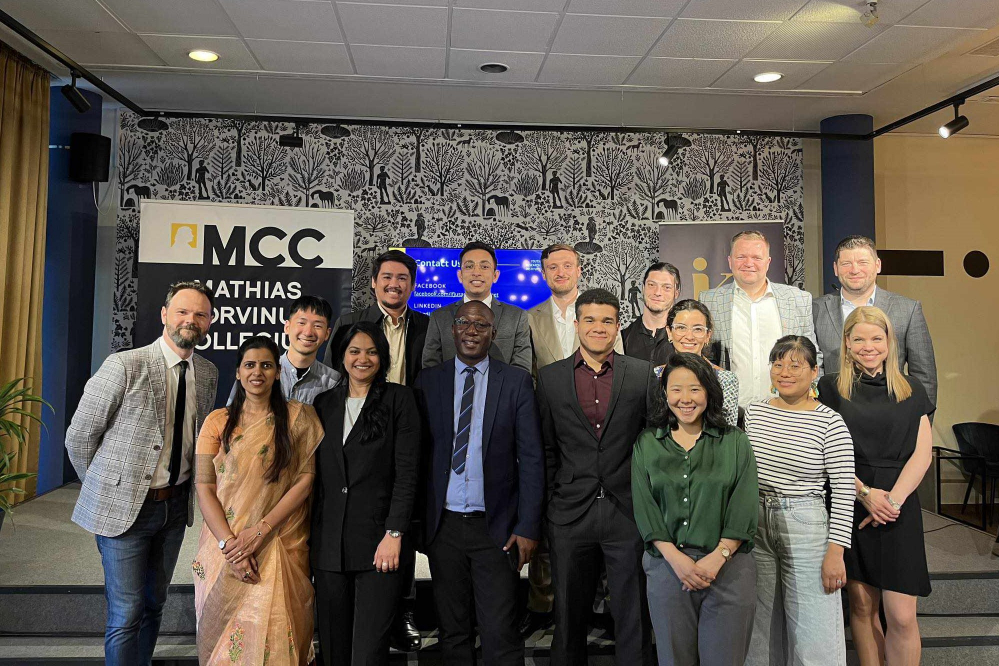On June 12-14, 2024, the 16th Nordic Youth Research Symposium (NYRIS) was held in Tampere, Finland. Young people today face many socio-ecological crises throughout the world, their lives are affected by social transformations, pandemics, the consequences of climate change, wars, and security threats. Thus, it is ever more important to listen to make their voices heard and what they have to say.
And NYRIS offers that opportunity. Organized regularly since 1987 with a focus on Northern Europe, the long-standing conference's range of participants and topics has expanded significantly since its launch: it now covers a more European-wide but also global perspective. The researchers dealing with young people from Australia to North America that NYRIS attracts are a testament to this expansion.
This year, in Finland, the Youth Research Institute and the Budapest Corvinus University Institute of Marketing and Communication Sciences organized a joint session entitled "Do crisis-ridden times create more media-literate youth?" which featured several researchers from around Europe.
Dóra Bugár, a student at the MCC School of Social and Historical Sciences, and Rebeka Tótszegi, a student at the Media School, accompanied the Hungarian delegation to the conference. Their reports on the conference will enrich one of the upcoming issues of Youth and Generation Studies, the Youth Research Institute's academic journal.
On the first day of the conference, Georgina Kiss-Kozma, Head of Research at the Youth Research Institute, presented on the digital media environment's impact on young people's relationships and family formation plans. Veronika Pelle (Budapest Corvinus University) addressed the question of how to build media awareness and education within families where often parents have difficulties with digital literacy. On the last day of the conference, Institute Director Levente Székely discussed the current issues associated with artificial intelligence and the challenges youth face on the threshold of the singularity. Finally, Tamás Bokor (Budapest Corvinus University) gave a presentation on how university students think about generative artificial intelligence and what effect its use has on scientific writing and digital skills.
In addition to the fact that the members of the Hungarian delegation gained insight into the current research directions and most important trends in youth research, the conference provided opportunities for networking and expanding the reach of Hungary's Youth Research Institute internationally.


